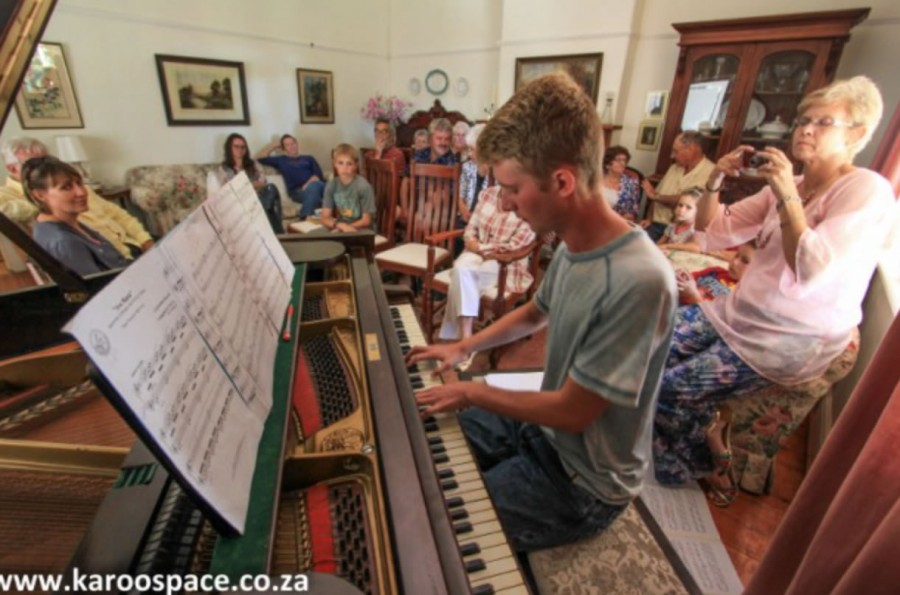
A Pianist in the Karoo
A lanky teenage boy in jeans and a t-shirt takes a seat in front of a grand piano in a Karoo farmhouse. Behind him are a few dozen people on sofas and dining room chairs, waiting expectantly. At the entrance to the room is a platter bearing a small but growing pile of cash. The […]
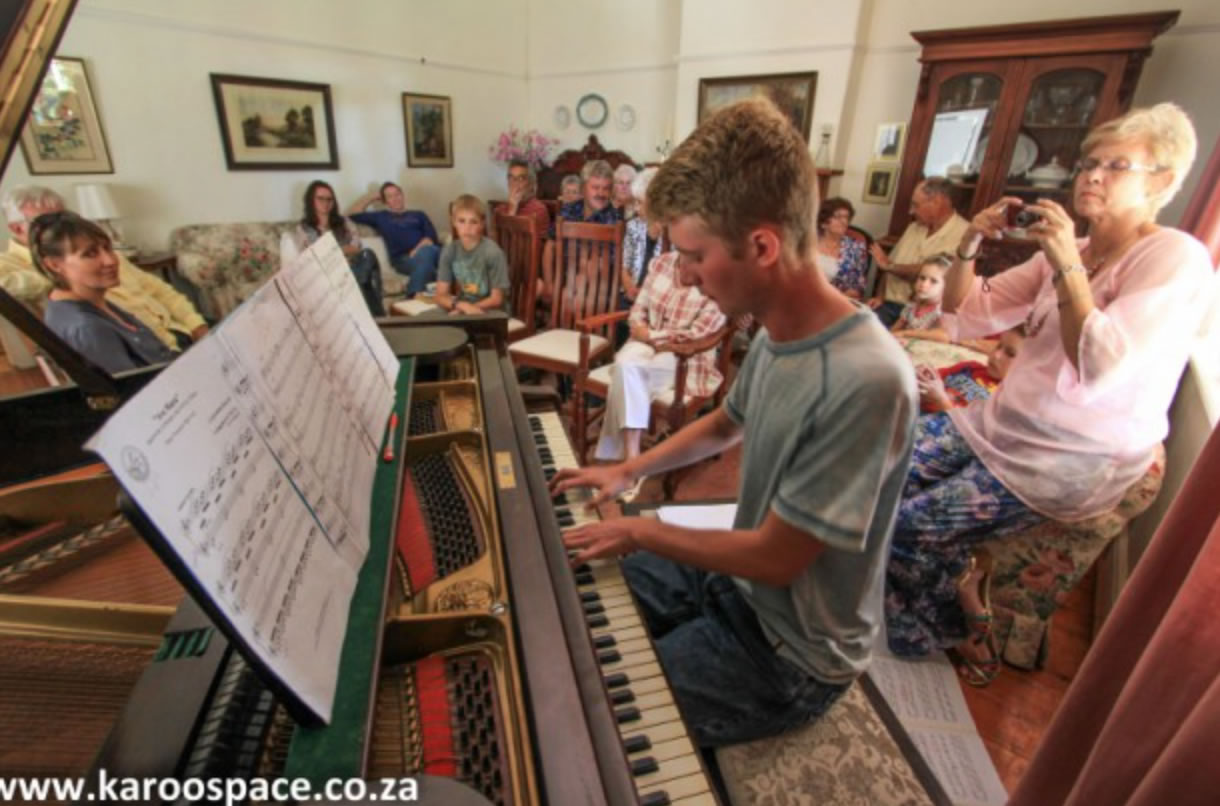
A lanky teenage boy in jeans and a t-shirt takes a seat in front of a grand piano in a Karoo farmhouse. Behind him are a few dozen people on sofas and dining room chairs, waiting expectantly.
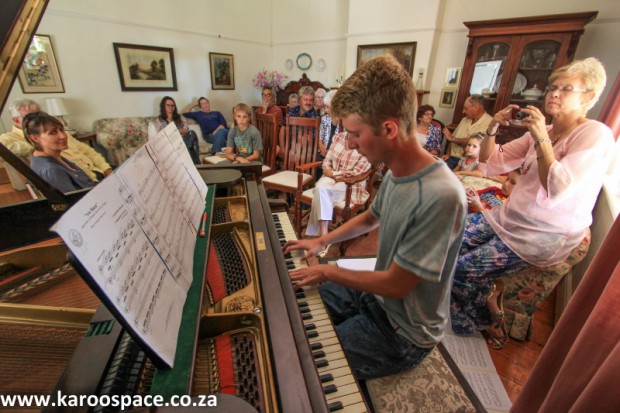
At the entrance to the room is a platter bearing a small but growing pile of cash.
The boy turns around, gives his audience a disarming grin and announces what he will play first: Ave Maria by Bach.
With that, he begins. Every note is perfect and heartfelt. Next it’s Chopin’s Nocturne in C Sharp Major, then Claire de Lune, then Tchaikovsky’s Piano Concerto #1, then his own composition (still nameless).
Thomas Lord, now 17 and in Grade 12 at Cradock High School, is completely calm in front of the venerable Grotrian Steinweg grand piano, his fingers flying across the keys as if they always know their way home.
He barely glances at the sheet music in front of him. He is completely immersed in the music.
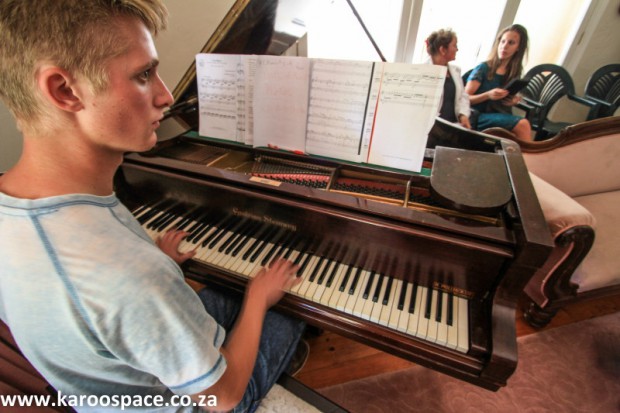
This was Thomas’s fifth ‘farm concert’ in aid of local charities, and the money in the platter at the door would be going to the Tarkastad Orphanage. His other concerts (all on the family farm Alicedale, between Hofmeyr and Steynsburg) have raised money for the old age homes in nearby towns.
“I started doing these concerts because I felt like doing something for someone. God gave me this gift, and I felt I had to do something with it.”
The gift Thomas has is world class, and he has the awards to prove it. In 2013, he won his South African colours for music and then went on to the World Championships in Performing Arts in Los Angeles, winning two silvers for contemporary and classical, and gold in the Open category.
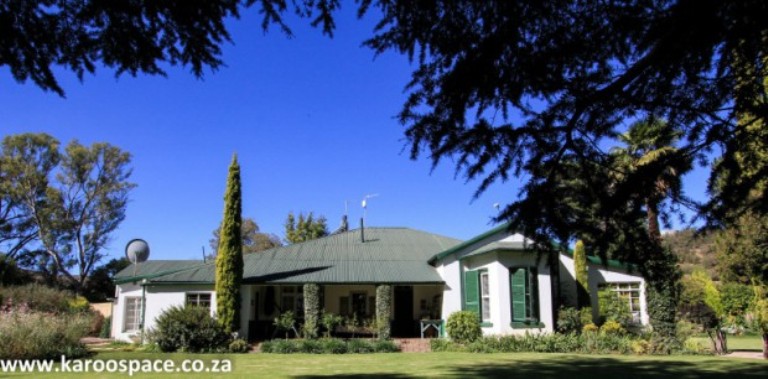
He’d only been playing for two years. Was he nervous?
“Yes, but actually I was more nervous before the SA Championships. But nerves are good. It’s a rush. I like it actually, that adrenalin…
“At the World Championships in Los Angeles it seemed easier somehow. I wasn’t sure how I’d done, but I was pretty sure I would get through because I listened to the other competitors and I felt I’d done better.
“But I didn’t expect to get gold. That was great.”
Every time he plays at an Eisteddfod, Thomas comes home with multiple gold and silver medals, but it’s the World Championships award that hangs above his bed at Alicedale farm.
Actually Thomas first started playing the piano when he was in Grade 1, and his talent was immediately obvious. But (like many boys, as his music teacher Irma Davel says) he dropped it after six months.
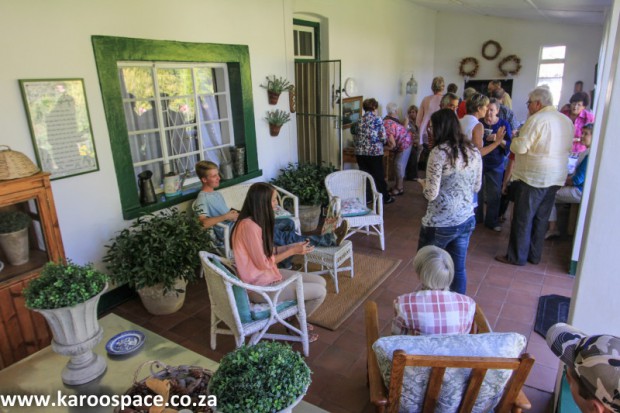
His mother Lynette said he hardly glanced at a piano for six years. Then in 2011, her mother Ruth Donian took her grandson Thomas, then aged 12, to an Andre Rieu concert in Cape Town.
“After that I felt wanted to play again, because I saw how his music touched people,” explained Thomas.
“We’ve got an old upright piano at home, and the first piece my gran taught me to play was Chopin’s Prelude. After that I just carried on.”
Lynette took him to Attie van Wyk in Cradock, a gifted organist and a dominee in the NG Kerk. He had been teaching music to a few of the English-speaking children but didn’t want to take on any more. He found it stressful getting them ready for their exams.
“But Lynette said no, not for exams, just for fun. So I said, okay, well maybe. Can he play anything?
“Thomas was so shy. I didn’t expect very much, but she said he would play something by Mozart, which he had learnt by heart from his granny Ruth.
“The boy sat down and started playing and I was amazed. His phrasing was perfect, and the dynamics were right.
“He really is something of a wonder child,” said Attie.
“So I said I would teach him what I could. I would play something and he’d listen and watch. The next week, he’d come back and play it perfectly.”
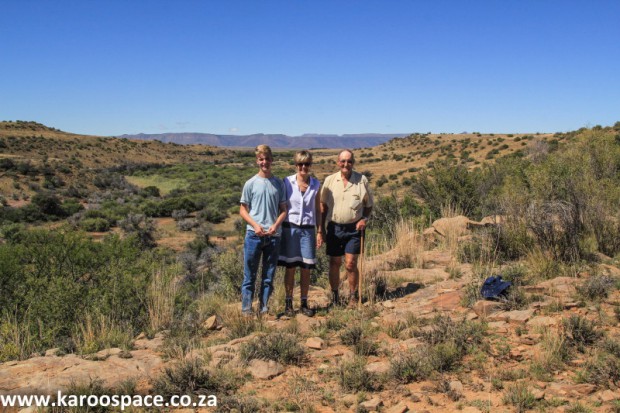
Thomas was consumed by music, playing so often that he broke the strings of the poor old upright in the farmhouse entrance hall.
By the time of the World Championships in 2013, Attie said he had taught the boy all he could. His new teacher was Irma Davel in Molteno.
For years Thomas had resisted learning to read music, but Irma insisted. “He would not have been able to move on to the more difficult pieces.”
Irma says he is one of the most talented youngsters she has ever taught. “Actually I don’t think he realises how much talent he has. He perceives patterns very easily, which is why he learns so quickly by ear and by eye.
“The music has developed his spirituality, I think. He goes into another world. The music flows out of him. He is at his most relaxed when he is sitting in front of the piano.”
Thomas has just produced a CD, called A Piano in the Karoo.
“He’s got a real knack of taking a classical piece and popularising it,” says Irma.
Great as his talent for music is, Thomas is not completely sure he wants to become a concert pianist. He loves nature, and is already a gifted fossil-hunter, thanks to his ability to perceive patterns.
“If I don’t become a full-time musician, then I’ll become a vet. Or a geologist.”
His father David remembers that when Thomas was three or four years old, the bakkie got stuck on a farm road and as the family walked across the veld back home they came across the weathered skull of an animal.
Thomas immediately pronounced it a dinosaur fossil and insisted his father carry it for kilometres to the farmstead.
This ‘find’ awoke a passion in him.
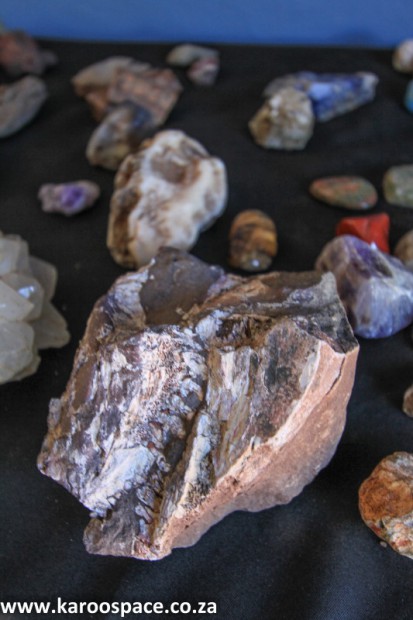
Until recently, Thomas was a weekly boarder at Cradock High School and when he came home over weekends, he would head off to hunt for fossils and interesting relics on the farm, all of which have now been carefully stored in a farm museum.
When Thomas was only 11 he made a remarkable find of a Kannemeyeria, a hip-high mammal-like pre-dinosaur creature that lived 235 million years ago. Hardly a dozen other specimens have ever been found of this Dicynodont (the Latin name refers to its ‘two dog-like teeth’).
One of them was found by Thomas’s grandfather Willoughby Lord on the same farm. The skull he discovered and some of the better preserved large fossil bones of Thomas’s Kannemeyeria skeleton are on permanent display in the Triassic Room of the Kitching Fossil Exploration Centre in Nieu Bethesda.
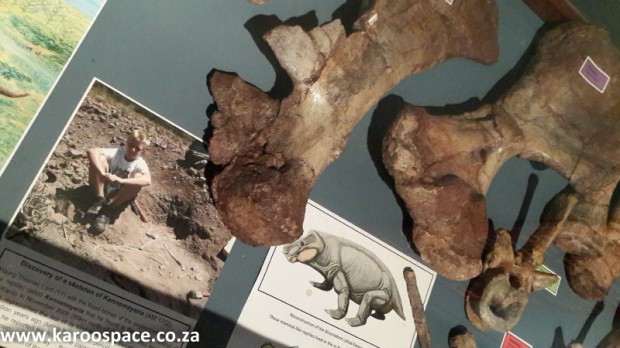
Dr Billy de Klerk, now recently retired from Grahamstown’s Albany museum, came to excavate Thomas’s finds.
“Thomas clearly has a good eye, said Dr De Klerk. “But more than that, he is attuned to fossils, able to pick up their texture, colour and shape even against a confusing background of rocks.
“I think that in Thomas we have a remarkably talented young man in the Karoo. Sadly his music is probably going to take precedence over his passion for Palaeontology. But I think I can live with that.”
Contact Thomas on email thomaswlmlord@gmail.com for a copy of his CD, A Piano in the Karoo.